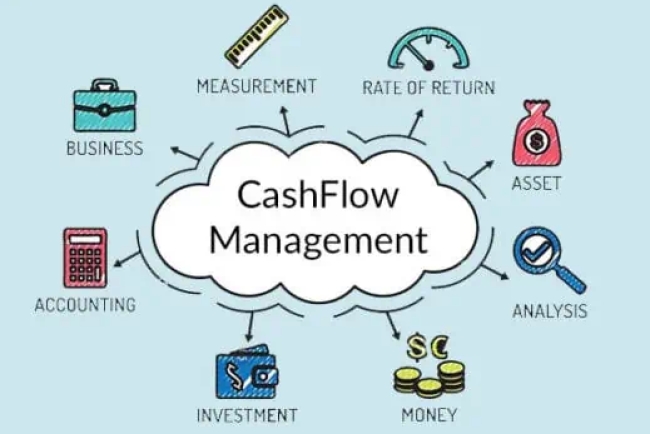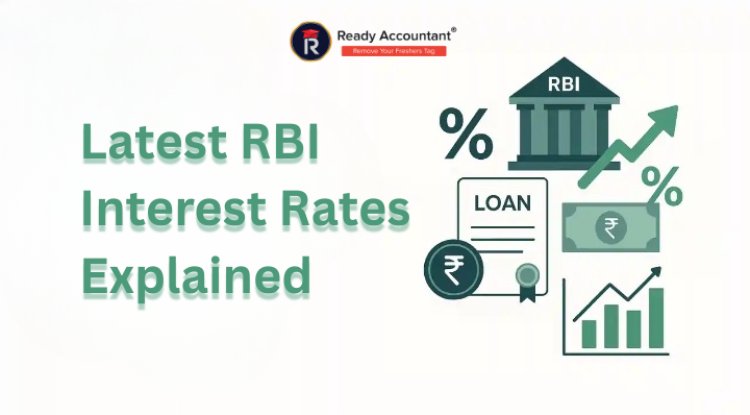Understanding Cash Flow in Accounting
Cash flow is the movement of money in and out of a business and is a critical indicator of its financial health. Unlike profit, which can exist only on paper, cash flow reflects real-time liquidity—what the business actually has to pay bills, invest, and grow. A cash flow statement categorizes these movements into operating, investing, and financing activities. Understanding cash flow is essential for beginners, small business owners, and corporate accountants alike. It helps in effective budgeting, investment planning, and avoiding cash shortages. Tools like SAP FICO play a vital role in automating and managing cash flows in large organizations. Mastering cash flow concepts is a key part of certified corporate accounting courses and is crucial for those aiming for high-paying roles in finance. Training in Income Tax and GST, especially in regions like Kolkata, further enhances a professional’s ability to manage financial compliance and liquidity.

In the world of business and finance, cash flow in accounting is more than just a term—it's the lifeblood of every organization. Whether you're a student exploring accounting basics for beginners or a working professional looking to upskill through a certified corporate accounting course, understanding cash flow is crucial for long-term success. We’ll break down what cash flow is, its types, how to read a cash flow statement, and why it's essential for both small businesses and corporate environments. You’ll also discover how knowledge of cash flow in certified corporate accounting, SAP FICO, and GST & Income Tax training can boost your career.
What Is Cash Flow?
At its core, cash flow refers to the movement of money in and out of a business over a specific period. It reflects the liquidity position—how much cash a business actually has to pay bills, invest, and grow.
Unlike profit, which is an accounting concept, cash flow is about real money movement, making it one of the most accurate indicators of a company’s financial health.
Cash Flow vs. Profit: Know the Difference
One of the most common misconceptions in accounting is confusing cash flow vs profit.
-
Profit is calculated on an accrual basis—it includes revenues earned and expenses incurred, even if no actual cash has changed hands.
-
Cash Flow, on the other hand, deals only with actual inflows and outflows of cash.
A business can be profitable on paper but still run into financial trouble if it has poor cash flow management.
Understanding Cash Flow Statement
The cash flow statement is one of the three core financial statements, alongside the balance sheet and income statement. It provides a detailed view of all cash activities, categorized into three key sections:
1. Operating Activities
Covers day-to-day business functions like sales, supplier payments, salaries, and taxes.
2. Investing Activities
Includes cash used in or generated from investments like property, equipment, or securities.
3. Financing Activities
Relates to borrowing, repaying loans, issuing shares, or paying dividends.
How to Read a Cash Flow Statement for Beginners
Learning how to read a cash flow statement for beginners involves identifying:
-
Positive cash flow: More cash is coming in than going out (a healthy indicator).
-
Negative cash flow: More cash is leaving than entering (could indicate financial stress).
Also, watch for trends. A business with steady operating cash flow but fluctuating investing or financing activities might be expanding or restructuring.
Types of Cash Flow
There are three main types of cash flow every aspiring accountant or finance student should know:
-
Operating Cash Flow (OCF) – Cash generated from core business activities.
-
Investing Cash Flow (ICF) – Cash spent on or received from investments.
-
Financing Cash Flow (FCF) – Cash from lenders, investors, or repayments.
Understanding these types helps in better cash flow analysis for small businesses and large corporations alike.
Importance of Cash Flow in Financial Accounting
The importance of cash flow in financial accounting cannot be overstated:
-
Ensures timely payment of bills, salaries, and taxes
-
Helps plan investments and expansions
-
Avoids over-reliance on external credit
-
Attracts investors by showcasing financial stability
In real-life examples of cash flow in accounting, even companies with high sales have collapsed due to poor liquidity, underlining the need for effective cash flow analysis.
Cash Flow in Certified Corporate Accounting
A key component of any certified corporate accounting course is mastering cash flow concepts. Whether you're preparing statements, interpreting data, or offering advisory services, a strong command of cash flow in accounting is non-negotiable.
Students aiming for high-paying accounting career options must learn to manage, project, and interpret cash flows with precision.
Role of SAP FICO in Cash Flow Management
SAP FICO (Finance & Controlling) is a powerful tool used in corporate accounting. It helps organizations:
-
Automate and track cash inflows and outflows
-
Generate accurate financial reports
-
Perform efficient budgeting and forecasting
The role of SAP FICO in cash flow management is becoming increasingly important in MNCs and large organizations, making it one of the top career-building skills in the industry.
Income Tax and GST Training in Kolkata (Bonus Tip)
If you’re located in or near West Bengal, enhance your skills with income tax and GST training in Kolkata. These are crucial for professionals managing cash flow in businesses where indirect tax compliance and liquidity planning go hand-in-hand.
Conclusion
Whether you're managing a business, training to become a corporate accountant, or enrolling in a certified corporate accounting course, understanding cash flow in accounting is a must-have skill.
It’s not just about recording numbers—it’s about understanding what they mean, how they affect financial decisions, and how they drive business success.
For anyone serious about building a career in finance or accounting, mastering cash flow, along with tools like SAP FICO, Income Tax & GST, and real-world accounting skills, is the key to becoming job-ready and future-proof.
What's Your Reaction?



















